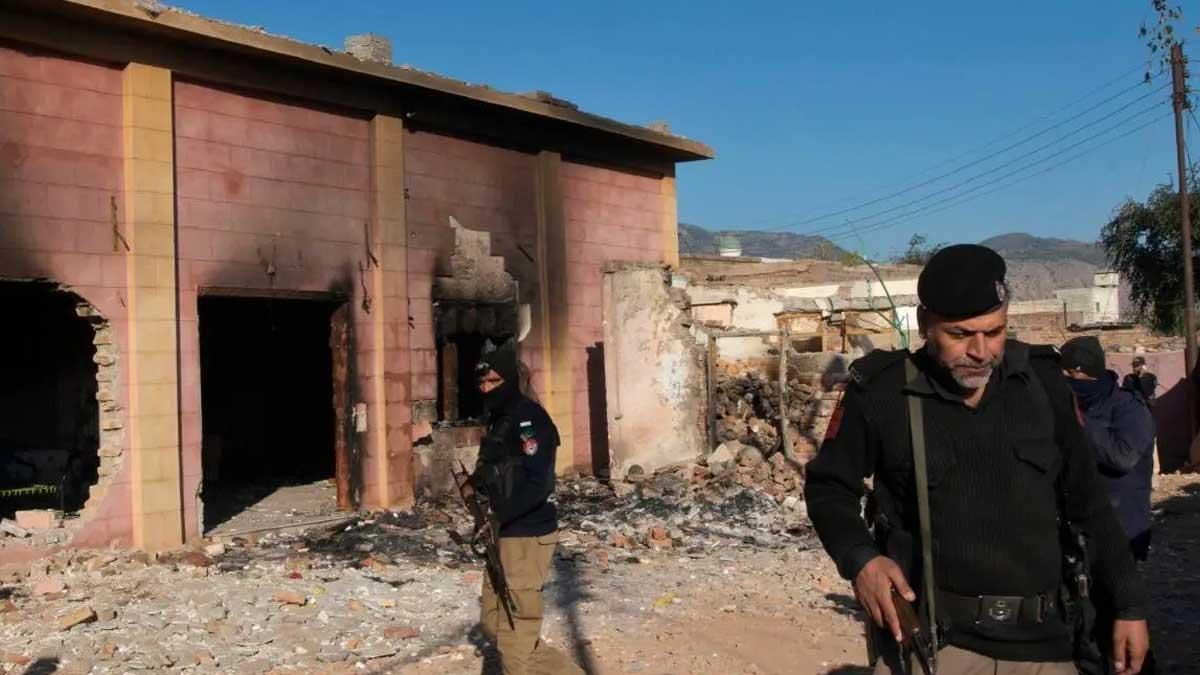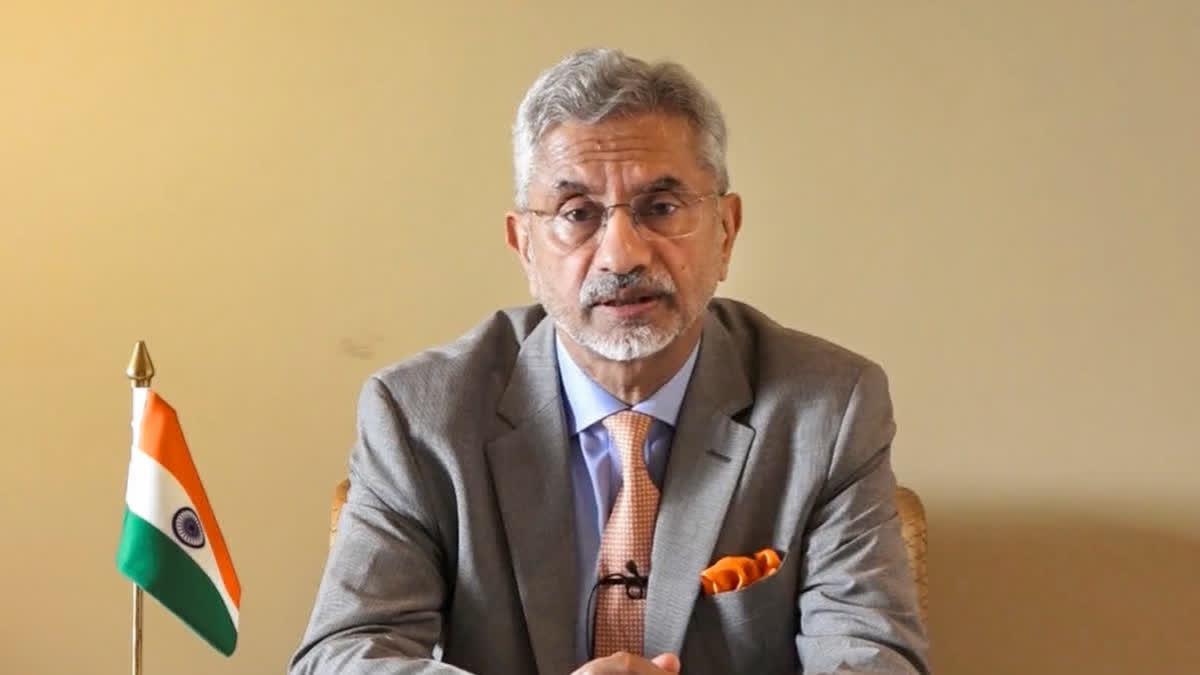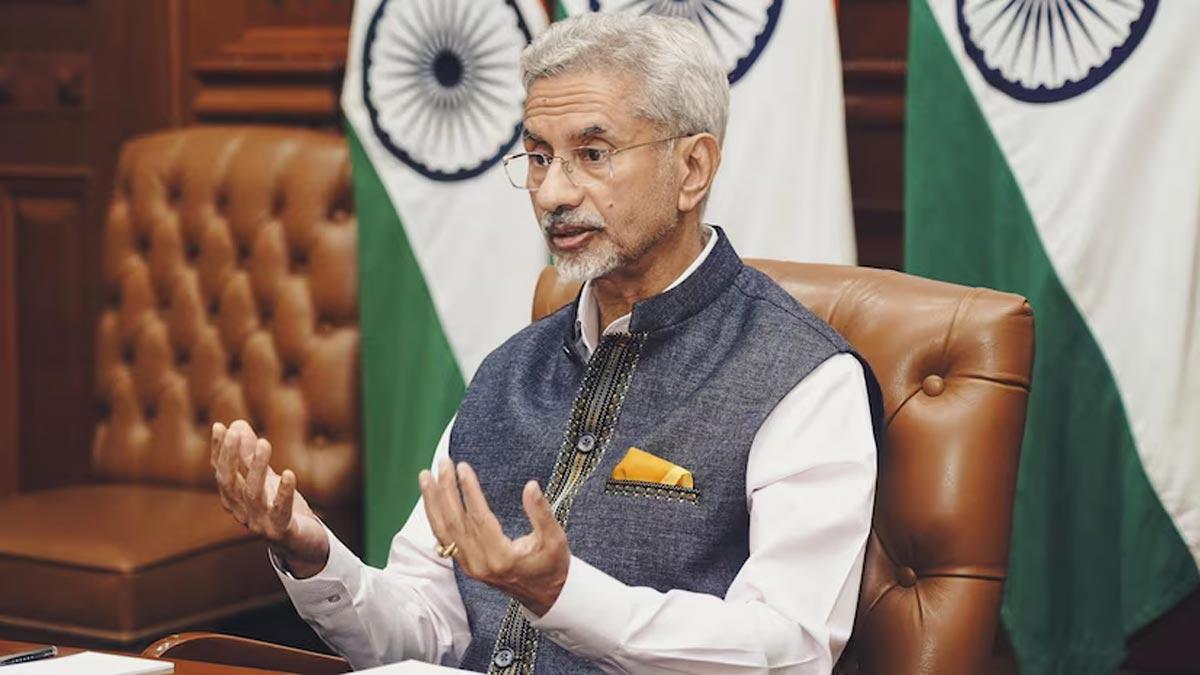In the vicinity of the Pakistan-Afghanistan border lies a site steeped in historical significance, where a Hindu temple once stood proudly. However, the passage of time has seen its demise, with the temple now reduced to rubble and paving the way for a commercial complex to take its place. This transformation has unfolded in the Khyber Pakhtunkhwa province, specifically in the town of Landi Kotal Bazaar, situated in the Khyber district.
The temple, affectionately known as the 'Khyber Temple', held a special place in the hearts of locals but had been gradually fading away, brick by brick, over the years. Its demise reached a critical point when construction work commenced on the site around 10 to 15 days ago.
Despite the temple's historical significance, officials from various administrative departments have either feigned ignorance of its existence or asserted that the construction adheres to regulations. However, voices like that of Ibrahim Shinwari, a respected tribal journalist from Landi Kotal, attest to the temple's existence and importance. He recalls stories passed down through generations about the temple's central presence in the bustling Landi Kotal Bazaar.
Haroon Sarabdiyal of the Pakistan Hindu Mandir Management Committee emphasizes the duty of the district administration and relevant government bodies to safeguard and preserve such historical religious sites. He cites the 2016 antiquity law, which mandates the protection of places of worship, among other historical landmarks.
However, conflicting statements emerge from officials, with some claiming ignorance of the temple's demolition and others asserting that the land was state-owned and devoid of any temple. Amidst this confusion, approvals for commercial constructions in the area have been granted by local authorities, albeit with procedural checks in place.
Yet, the absence of comprehensive revenue records in the Khyber district adds another layer of complexity to the situation. Abdus Samad, a former Tehsil Municipal Officer, denies any knowledge of agreements related to the construction, further muddying the waters.
In the face of this bureaucratic impasse, concerns loom large regarding the fate of religious minorities and their sacred sites. Shinwari criticizes the lack of infrastructure and support from the auqaf department for preserving non-Muslim places of worship in the region.
Sarabdiyal advocates for a more considerate approach, suggesting that neglected sites could be repurposed for community welfare initiatives rather than being razed to make way for new developments.
As the debate rages on, it underscores the delicate balance between development and heritage preservation, highlighting the need for a concerted effort to honor the cultural and religious diversity of the region.


















